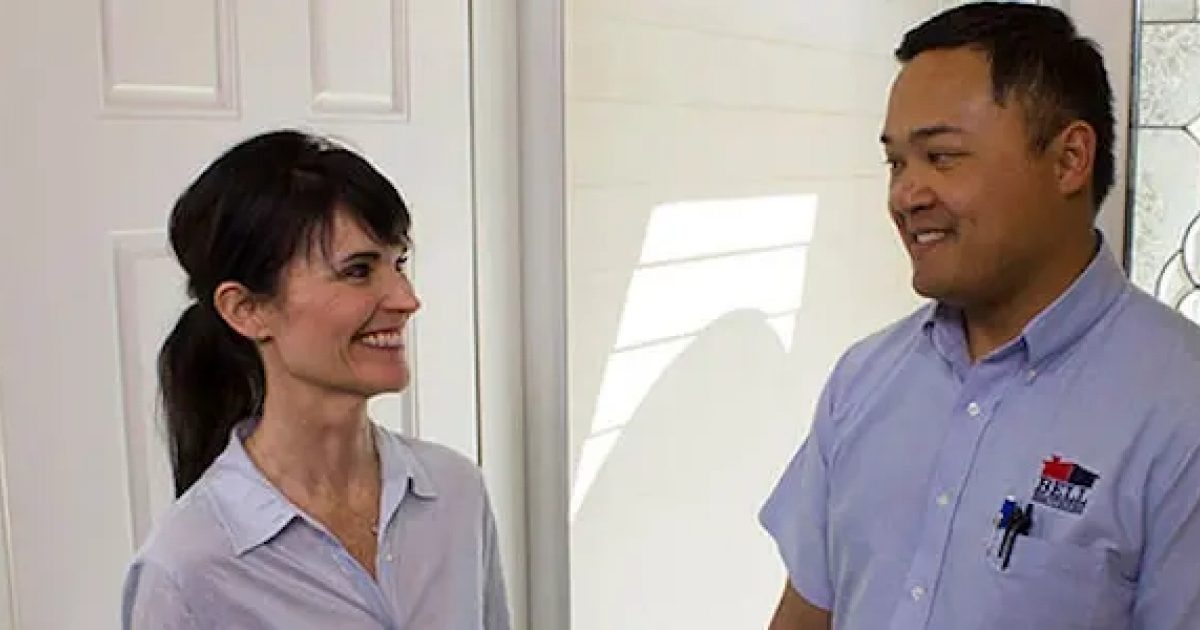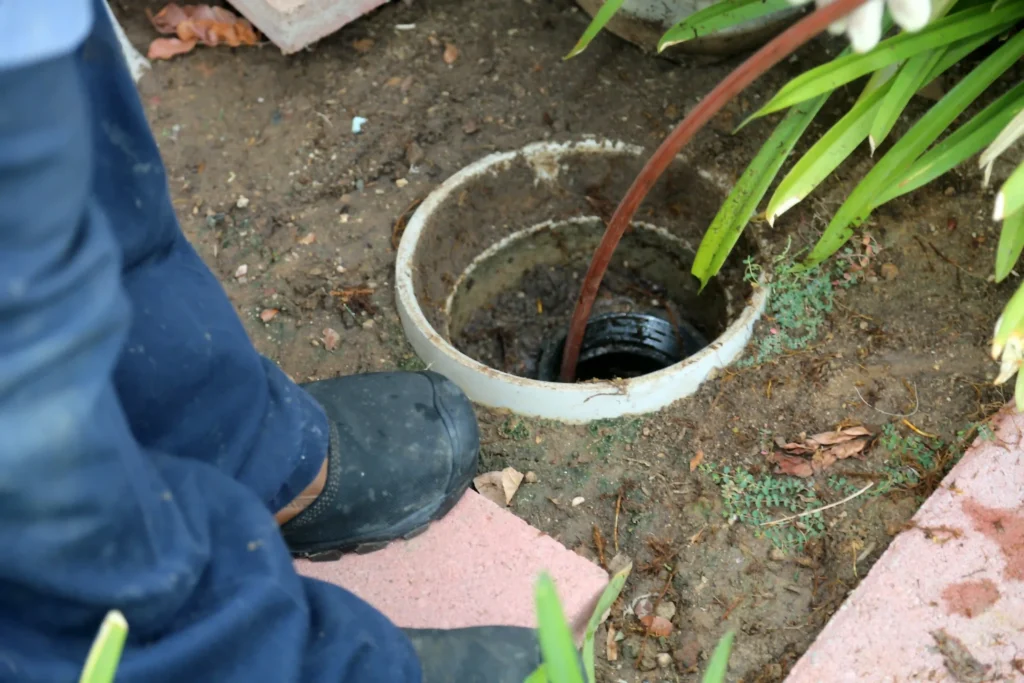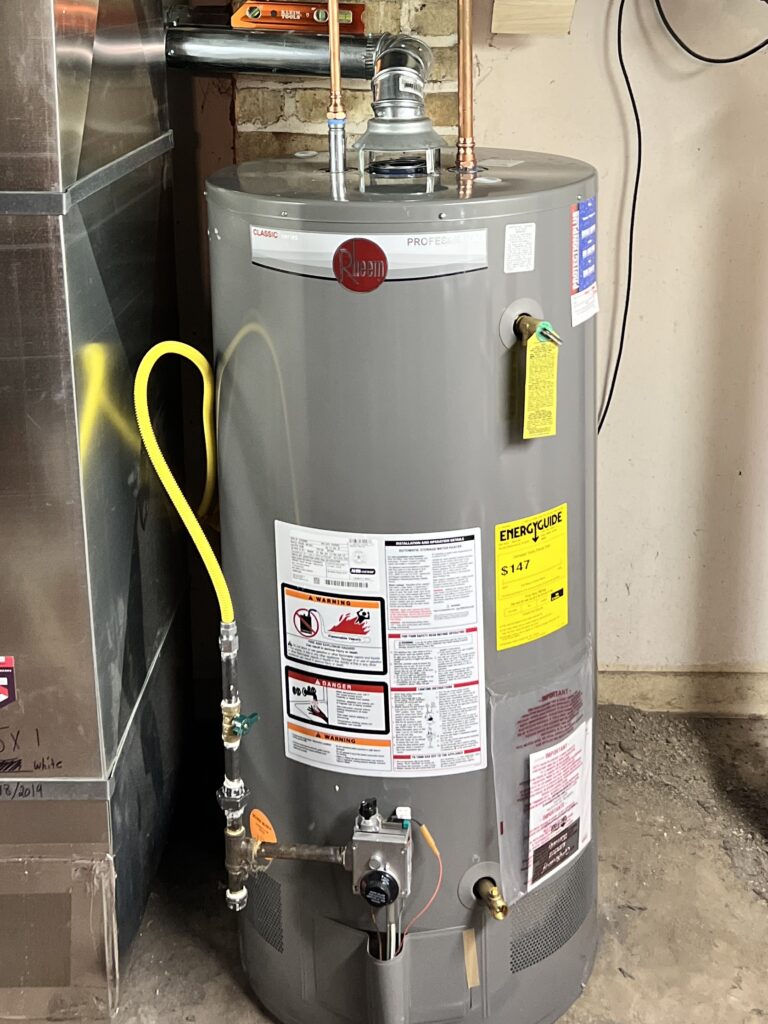

Blog
Before You Compare HVAC Quotes: What Des Moines Homeowners Should Know

Edited June 29th, 2021
If it's time to replace or install a new HVAC system in your home, what's the first thing you do? Like so many, you pick up the phone and call a few local contractors to get an HVAC quote. Before you know it, you're bombarded with information on types of furnaces and ac units and terminology like "one-stage furnace, two-stage compressors" - hey, it's enough to give anyone "stage" fright.
HVAC contractors like Bell Brothers mean well, but sometimes it's easy to forget that while HVAC equipment is second nature to us, talking about it can sound almost like a foreign language to others. Doing a little research when shopping around for a new HVAC system can make all the difference to ensure you make an informed decision. To make it a little easier, we've put together notes about the different air conditioning and furnace types, as well as a helpful tip from the experts for HVAC quotes.
Types of Furnaces
First, it's important to remember that "one size fits all" doesn't apply here. The system that is best for you will depend on the size of your home, your budget and your heating requirements. In Des Moines, the requirement is that a system must be big enough to heat your whole house to at least 70° when its -5° outside. There are three types of furnaces: single-stage, two-stage and variable-speed.
Single-Stage Furnace
This type of furnace runs on one level: high. The furnace will run to whatever the thermostat is set at and then shut off. So, it's either on (running at 100% capacity) or off altogether. This type of furnace is really great for when it's really, really cold out! On a milder winter day in the 25°-45° range, however, you'll get frequent and short heat cycles.
Two-Stage Furnace
A two-stage furnace runs like two furnaces in one because it has two stages: high and low. The low stage will run the majority of the time at about 60% of its capacity. On those really cold days, your furnace will automatically kick up to high. What does that mean for you? It means reduced energy bills since you're not running your heat unnecessarily. It also means increased air circulation and higher air quality. Lastly, it means a more consistent home temperature.
Variable-Speed Furnace
A variable-speed unit is what we call a "communicating" system. The furnace knows what the outdoor temperature is and will automatically adjust the indoor temperature accordingly. It will run at between 40% and 100% of its capacity, depending on what it needs to do in order to maintain the desired temperature in your home. And, it can adjust itself by increments as low as 1%. It's pretty incredible. But, why should you care? Because your heat will rise, not your utility bill. Also, you'll experience better comfort, cleaner air, enhanced humidification and balanced temperatures throughout the home. It's really the ultimate in comfort and efficiency.
Types of Air Conditioners
Just like finding the right furnace for your home, it's equally important to choose the right air conditioning system. Again, it depends on the factors such as the size of your home, number of levels, your budget and cooling requirements. In Des Moines, Iowa the requirement is 95°. Meaning, the system we design for you must be able to cool your whole house to 95° or lower. There are three types of air conditioning systems:
Single-Stage Compressor
This is your basic high efficiency air conditioner. Just like the single stage furnace, the single stage air conditioning unit has one level: high. It will run at full capacity until the desired temperature is met and then will shut off. This type of A/C is really great for those really hot days. On milder summer days, however, say in the 75°-85° range, you'll experience more off-and-on cycling and shorter run times.
Two-Stage Compressor
The two-stage compressor has two levels: high and low. The two-stage conditioner runs on high when you really need it on those humid summer days and kicks back down to low when temperatures are more moderate.
Variable-Speed Compressor
A variable-speed compressor is great because it won't use more energy than it actually needs to cool your home. Less wasted energy means lower utility bills for you. Also, because this type of unit has long run times, you'll experience lower humidity and balanced temperatures throughout your home. Cool, right?
Comparing Contractors
Now that you know the differences between single-stage, two-stage, and variable speed, you'll feel more confident when talking to an HVAC contractor. Now it's time to get some HVAC quotes! But before you go, we want to leave you with this valuable tip from the experts:
When comparing HVAC quotes from contractors, make sure you are comparing apples to apples.
What does that mean? Well, you might think you're getting a better deal for less from one contractor when you're really just getting less. For example: You get two quotes for a 96-efficient system, but one proposes installing a single-stage furnace or air conditioner and the other proposes a variable-speed furnace or air conditioner. Well, they aren't the same thing and price difference will vary dramatically. So, ask questions and make sure you're comparing two bids that include the same type of unit. With your home comfort and hard-earned money at stake, it is important to take the time to learn which HVAC system would be best for your home. To learn more, ask the experts; Bell Brothers are always here to help.








